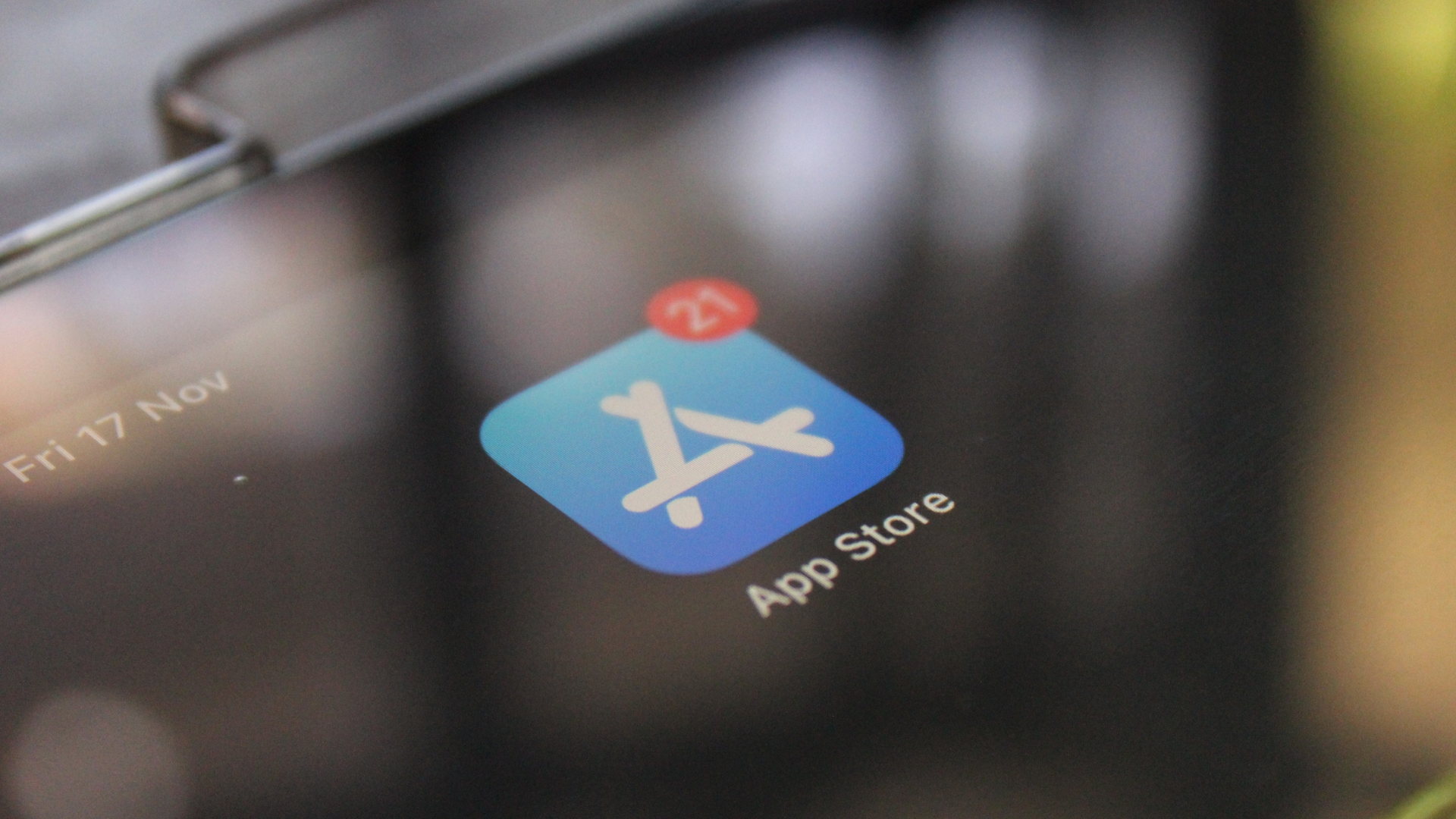Age verification is coming to app stores in Texas, meaning that users could soon be required to provide some form of identification in order to download anything from the Google Play and Apple App stores, regardless of the app’s content.
Earlier this week, Gov. Greg Abbott signed the Texas App Store Accountability Act, which is set to take effect at the beginning of next year. The new law, which purports to be about keeping children safer online, has significant implications for user privacy and data security.
What will be required for app store age verification in Texas?
The Texas law will require Google and Apple to verify the age of all users before they download any app through their app stores, even if the app has no sensitive or age-specific content. Parents will have to provide consent for minors to download apps or make purchases, and app stores will have to confirm that parents or guardians have the legal authority to make those decisions for their children. App stores will also have to share which age categories users fall into (child, young teen, older teen, or adult) with app developers.
While the specifics are yet to be determined, that means Google and Apple will have to collect some form of user identification, whether that’s a driver’s license, passport, or other government-issued ID, or biometric data, such as a facial scan, for anyone using their app stores in Texas. Even more documentation will be required for parents proving legal guardianship of minor users.
Utah passed a similar bill earlier this year making app stores responsible for centralizing age verification, and while its requirements are slightly less onerous, they’re not much better when it comes to your privacy.
How age verification compromises your privacy
Privacy experts—as well as both Apple and Google—have raised alarms about the implications of age verification, noting that requiring all users to turn over sensitive personal information included in data-rich documents that can prove your age is a form of digital surveillance. It creates an identifiable record of online activity and increases the risk that the data will be used, shared, or sold (unlike physical ID checks, which are momentary and impermanent).
Age verification also presents security concerns with how sensitive user data is collected and stored. Data breaches are a fact of life in 2025, and individuals may have very little (if any) knowledge about whether and how their information is used and stored without their consent, and without recourse if it is compromised.
The EFF and the ACLU also argue that online age verification requirements violate users’ First Amendment rights, as they may make protected free speech inaccessible—if adults don’t have a valid form of identification, or facial recognition inaccurately estimates age, or minors can’t get parental consent—or force people to choose between shielding their privacy and being online.
“If I have to provide this level of personal information because the government mandates it just to download an app from an app store, I’m going to be significantly worried about what happens to my data, and I might just decide to not actually download the app or even use this app store,” Mackey says.
The Download
Never miss a tech story

Jake Peterson
Get the latest tech news, reviews, and advice from Jake and the team.
The Download
Never miss a tech story. Get the latest tech news, reviews, and advice from Jake and the team.


























